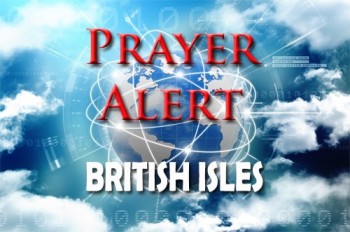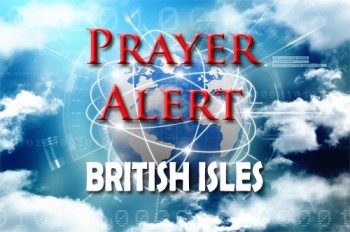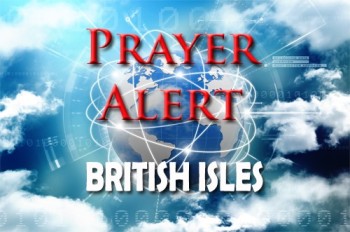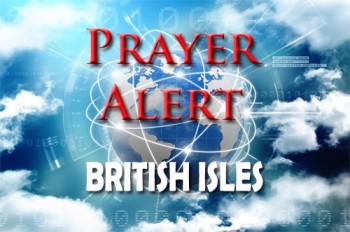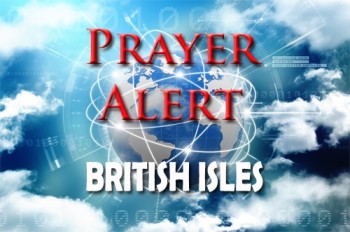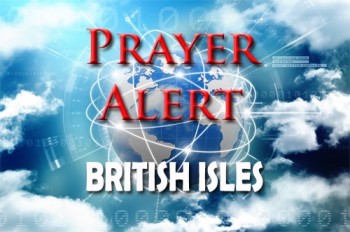Displaying items by tag: child protection
'A huge victory': Christian leaders react to Supreme Court's Skrmetti ruling
The U.S. Supreme Court has upheld Tennessee’s law banning gender transition surgeries and hormone treatments for minors, ruling 6-3 that the law does not violate the Fourteenth Amendment’s Equal Protection Clause. The decision in Skrmetti v. United States establishes a precedent allowing similar legislation in over 20 states to remain in effect. Christian leaders have welcomed the ruling as a decisive step in protecting children. Mat Staver of Liberty Counsel called it a “victory for children everywhere,” arguing that experimental procedures should not be allowed under the guise of equality. Tony Perkins of the Family Research Council praised the affirmation of FRC’s “SAFE Act” model. Brent Leatherwood of the Southern Baptist Convention’s Ethics & Religious Liberty Commission emphasised that the state has a duty to protect children from harmful and irreversible decisions. However, progressive voices such as Rev. Paul Brandeis Raushenbush of Interfaith Alliance criticised the ruling as religious overreach. The case marks a pivotal moment in defining the boundary between child protection and personal medical autonomy in U.S. law.
'A stain on our society': Yvette Cooper promises change after 'damning' grooming gang report
A damning report by Dame Louise Casey has revealed systemic failures across England and Wales in addressing grooming gangs that have sexually exploited thousands of children. Home Secretary Yvette Cooper responded with an unequivocal apology to victims and survivors, announcing a full national inquiry and promising the most comprehensive reforms ever taken by a UK government to combat child sexual exploitation. The Casey report highlights years of obfuscation by public institutions, with suspects often disproportionately of Asian heritage or with ethnicity data missing and agencies failing to act. Recommendations include broadening the legal definition of rape, improving data sharing, and initiating a nationally coordinated criminal investigation. A new national operation will be led by the National Crime Agency. Controversially, Cooper also announced that asylum seekers found guilty of grooming or sexual offences will be barred from claiming refuge in the UK. Criticisms remain over previous government inaction and political posturing, yet survivors and campaigners have welcomed the long-overdue steps. Casey called for definitive action, stating, “We must right the wrongs of the past.”
Social media ban for under-16s?
England’s chief medical officer, Sir Chris Whitty, will examine whether under-16s should be banned from social media platforms like Facebook and Instagram. Ministers are commissioning his advice amid growing concerns over the impact of excessive smartphone use on young people’s mental health. The average British 12- to 15-year-old spends around 35 hours a week on a smartphone, raising alarms about sleep, well-being, and educational outcomes. Campaigners argue that tech companies prioritise profits over child safety, while some MPs claim the Government is moving too slowly on protections. A proposed bill sought to raise the digital age of consent to 16, making it harder for social media sites to collect children’s data. However, the Government is expected to take a softer approach, commissioning a review rather than implementing an outright ban. With Australia having already passed a ban on under-16s using social media, pressure is mounting for the UK to act. Ministers remain cautious, balancing child safety with concerns about stifling tech growth.
Some parents to lose automatic right to home education
A new bill will aim to bolster child protection by empowering local councils to intervene when home environments are deemed unsafe. This proposed legislation, unveiled by education secretary Bridget Phillipson, will end the automatic right to home-school children. It will introduce mandatory registers for children not in school and unique identifier numbers to ensure no child 'falls through the cracks’. It aims to promote collaboration between schools, police, and children’s social care to enhance safeguarding measures. This comes in the wake of Sara Sharif’s tragic murder, a high-profile case which exposed systemic failures. Her removal from school and the closure of her case after six days despite clear warnings underscore the need for reform. The bill is seen as a foundation for change, emphasising the importance of improved data-sharing to prevent children from becoming invisible in the system.
Sara Sharif murder: questions must be answered - PM
The murder of 10-year-old Sara Sharif has ignited calls for stronger safeguards for children, particularly those being home-schooled. Sara’s father and stepmother, convicted of her murder, had subjected her to two years of horrific abuse, prompting scrutiny of existing child protection measures. The government plans to introduce a Children's Wellbeing Bill, proposing safeguards like mandatory local authority consent for home-schooling children under protection plans, a child identifier system, and multi-agency safeguarding teams. Surrey County Council, which had been alerted to Sara’s welfare concerns before her death, is launching an independent review of its actions. Critics argue that current laws allowing at-risk children to be removed from school are inadequate. Keir Starmer emphasised the need for answers and better safeguards to prevent such tragedies. Proposals also include establishing a register for home-educated children and improving data-sharing between services to identify risks more effectively.
New rules unveiled to protect young children on social media
The UK's Online Safety Act, signed into law last week, introduces new rules aimed at protecting children online. Ofcom has unveiled its first draft codes of practice under the act, focusing on illegal material such as grooming content, fraud, and child sexual abuse. The rules include limiting direct messages and removing them from suggested friend lists to protect children. Tech platforms will be legally required to keep children's location data private and restrict who can send direct messages to them. Ofcom will publish more rules in the coming months, with each new code requiring parliamentary approval. The goal is to enforce the codes by the end of next year. The act also encourages the use of technology to identify illegal images of abuse and prevent their dissemination.
Paraguay: ten-year-olds forced to carry pregnancies to term
Amnesty International, in a new report called They Are Girls Not Mothers, found draconian abortion laws and systemic failure to tackle child sexual violence have forced girls as young as ten years old to carry out full-term pregnancies. The report focuses on sexual violence against children - specifically girls under the age of 14 - who become pregnant and are forced to carry the pregnancy to term. It also analyses the failures of the system in Paraguay to address cases of sexual violence against children and teenagers. Amnesty International said Paraguay is turning its back on girls and teenagers facing unimaginable abuses. Although on paper there is a legal framework to support survivors of sexual violence, in practice they are at the mercy of a chaotic system that does not listen to them or prioritise their well-being. Forcing someone to continue with a pregnancy, particularly when it is the result of rape, can be considered torture.
Care services review
Child protection services in England do not provide enough early support, says an independent review. With council budgets squeezed over the last ten years, spending has increasingly focussed on expensive crisis services which local authorities are legally required to provide. This means that cuts to early support for vulnerable families have dwindled, causing even larger needs for investigative interventions in ‘crisis’ situations. The current system is unsustainable and failing young people. Over the last three months, the review team spoke to over 1,000 young people, families and staff working in children's services. They found a system under significant strain with an increasing number of families being investigated. Deprivation was a key factor among families needing help. Many asking for support found assessments and investigations added to their stress. The annual number of inquiries into whether a child is at risk of significant harm has risen to 201,000. But 135,000 needed no child protection plan. Concerns about risk have unnecessarily dominated workloads.

